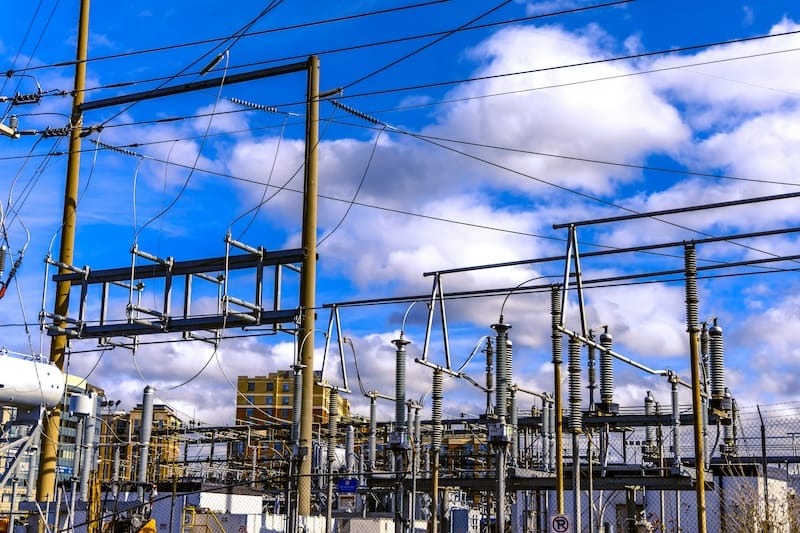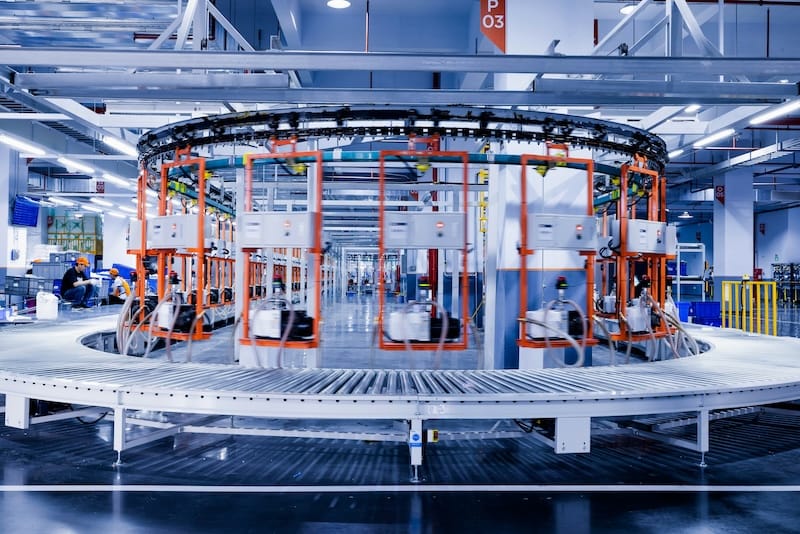Introduction: Titanium’s Role in the Energy Sector
In the energy sector, materials must meet rigorous demands for durability, corrosion resistance, and heat tolerance. Titanium ingots are at the forefront of advanced energy applications, providing the raw material for components used in power plants, renewable energy systems, and more. But what makes titanium ingots uniquely suited for these high-stakes environments?
Titanium ingots offer exceptional strength, corrosion resistance, and thermal stability, making them indispensable for energy applications like power plants, where durability and performance are paramount. Their properties ensure reliable and efficient operation in challenging environments, from high-temperature turbines to corrosive cooling systems.
Let me share how titanium ingots are transforming the energy sector and why they are a preferred material in power generation.

How Do Titanium Ingots Enhance Corrosion Resistance in Power Plants?
Power plants often operate in environments with high exposure to water, steam, and chemicals, leading to corrosion in traditional materials. Titanium ingots are used to create components that resist corrosion, extending equipment life and improving reliability.
From my perspective, titanium is particularly effective in condenser tubes, heat exchangers, and cooling systems in nuclear and thermal power plants. Its resistance to both freshwater and seawater corrosion makes it ideal for applications in coastal and offshore facilities. This durability reduces maintenance costs and ensures uninterrupted operation.
Why Is Titanium’s Heat Resistance Essential for High-Temperature Applications?
In power plants, components like turbines and boilers must endure extreme temperatures. Titanium ingots are processed into parts that retain their strength and structural integrity even under intense heat.
I’ve seen how titanium’s thermal stability allows it to perform reliably in gas turbines and high-pressure steam systems. Unlike other materials that degrade under thermal stress, titanium ensures consistent performance, improving the efficiency and lifespan of power generation equipment.
How Do Titanium Ingots Support Renewable Energy Systems?
The shift toward renewable energy has created demand for materials that are lightweight, strong, and durable. Titanium ingots meet these requirements and are increasingly used in systems like wind turbines, solar power frames, and hydrogen storage tanks.
Titanium’s strength-to-weight ratio makes it ideal for large wind turbine components, while its corrosion resistance ensures longevity in offshore wind farms. In my experience, titanium ingots also play a role in improving the efficiency and reliability of solar and hydrogen energy systems, supporting the global transition to sustainable power.
How Does Titanium’s Biocompatibility Enhance Safety in Energy Applications?
For nuclear power plants, material safety is critical. Titanium’s non-reactive and biocompatible nature ensures it does not release harmful substances into the environment, even under extreme conditions.
From what I’ve observed, titanium ingots are used to produce reactor components and cooling systems that must meet strict safety standards. This minimizes environmental risks while maintaining high performance in radioactive environments.
Why Are Titanium Ingots Cost-Effective in the Long Run?
While titanium ingots may have a higher upfront cost compared to traditional materials, their durability and low maintenance requirements make them a cost-effective choice over time.
In power plant operations, where downtime can lead to significant financial losses, titanium’s reliability ensures continuous performance. I’ve found that its extended lifespan and reduced need for replacements offset initial costs, making it a wise investment for critical energy infrastructure.

How Do Titanium Ingots Contribute to Energy Efficiency?
Titanium’s lightweight and strong properties enhance the efficiency of energy systems by reducing mechanical stress and improving performance.
For example, titanium blades in turbines reduce rotational mass, allowing for faster and more efficient energy conversion. In my work, I’ve seen how this contributes to higher power output and reduced operational costs, benefiting both plant operators and energy consumers.
Claim: Why Titanium Ingots Are Indispensable in the Energy Sector
Titanium ingots offer unmatched advantages in the energy sector, including corrosion resistance, thermal stability, biocompatibility, and cost-effectiveness. These properties ensure reliable, efficient, and sustainable performance in demanding power generation environments.
Conclusion: The Future of Titanium Ingots in Power Generation
Titanium ingots are transforming the energy sector, enabling power plants and renewable systems to achieve greater reliability, efficiency, and safety. Their unique properties make them a critical material for high-performance energy applications.
For me, working with titanium ingots has highlighted their immense value in energy infrastructure. As the sector continues to evolve, the role of titanium will only grow, supporting advancements in both traditional and renewable power generation systems.






